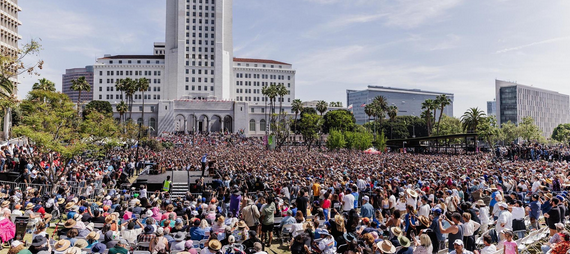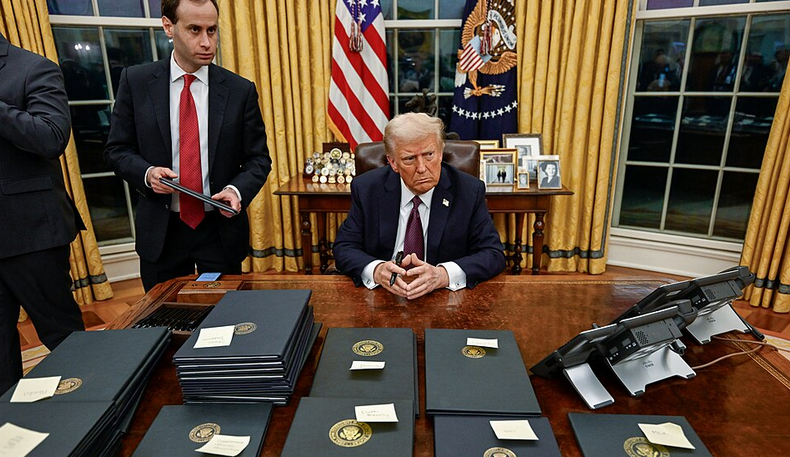Photos: Sentencing Project\OSU.EDU
Last week, the State of Connecticut restored the right to vote to people who are on parole—eliminating the only voting-eligibility law in the country that treated people on probation and parole differently.
In 2001, Connecticut lawmakers restored voting rights for people on probation, but reform efforts stalled before the right to vote was restored for those on parole.
As a result, Connecticut was the only state in the nation that allowed people on probation to vote, but not people on parole, the Brennan Center reports. It was also the only state in the Northeast where people were barred from voting after being released from prison.
Signed last Wednesday, Senate Bill 1202 will restore voting rights to as many as 4,000 people with convictions. It goes into effect tomorrow.
Connecticut now joins 20 other states and Washington, D.C., in providing that every citizen living in the community has the right to vote.
This latest victory for voting rights advocates reflects national momentum in the fight against felony disenfranchisement, the Brennan Center says.
In March, Virginia’s governor restored voting rights to over 69,000 formerly incarcerated citizens. Washington lawmakers adopted legislation in April that will automatically restore voting rights upon release from prison when it goes into effect on January 1, 2022, and New York enacted legislation in May that automatically restores voting rights for all New Yorkers who are not in prison.
Last year, Californians approved a ballot measure that restores voting rights to as many as 50,000 people on parole. Iowa‘s governor issued an executive order last summer that automatically and prospectively restores voting rights to tens of thousands of people who have completed their terms of incarceration, probation, parole, or special sentence. And the nation’s capital became the first place in the country to actively restore voting rights for people in prison.
Four states (New Jersey, Colorado, Nevada, and Kentucky) restored voting rights to people with past convictions in 2019.
At the federal level, legislation has been introduced that would automatically restore the right to vote in federal elections to people with past criminal convictions who are no longer incarcerated.
Felony disenfranchisement laws are a legacy of our nation’s history of racial injustice, enacted to prevent African Americans from voting and ensure white supremacy. Millions of Americans are barred from voting today because of state felony disenfranchisement laws that disproportionately affect Black citizens.







